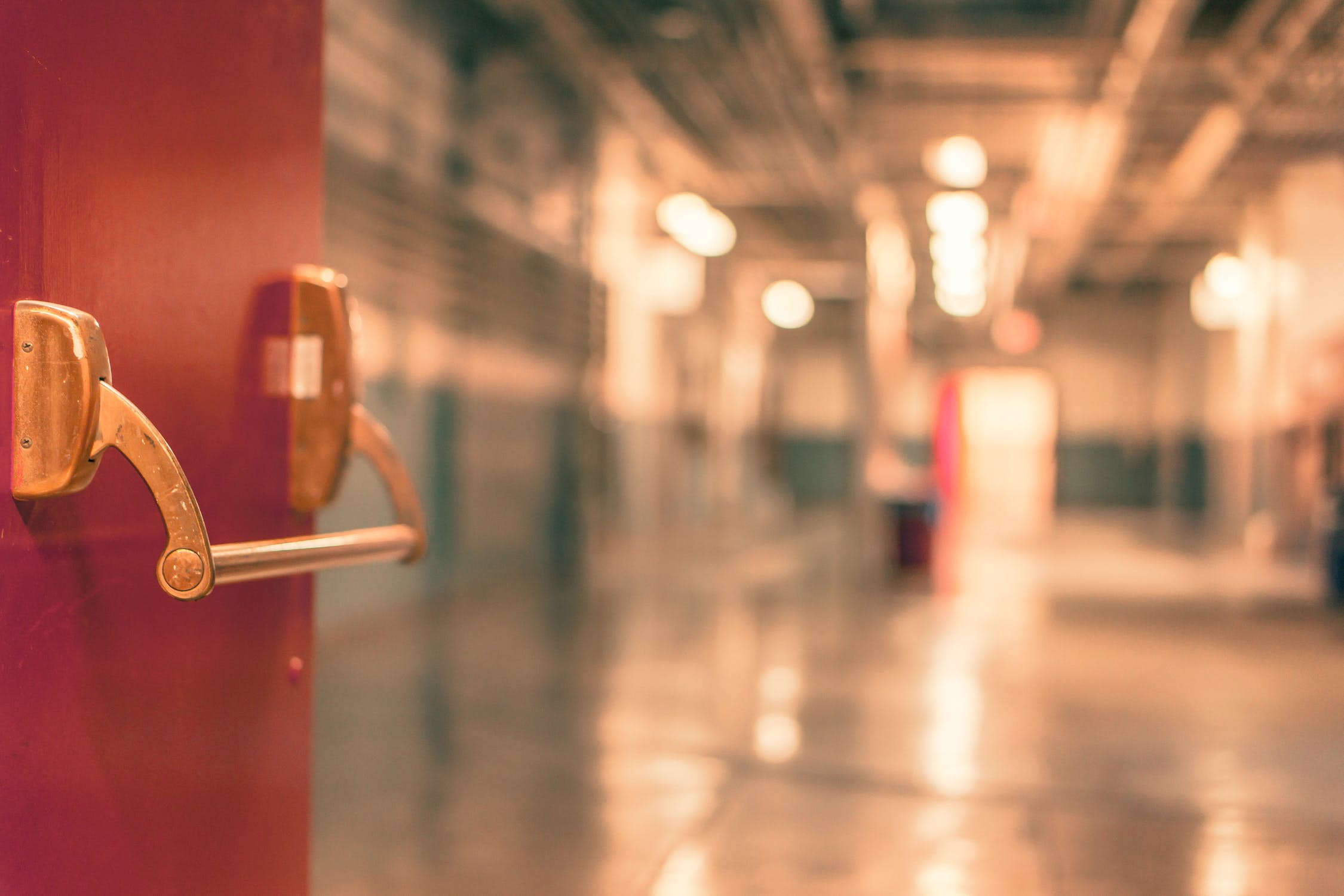Although I am dreading this back-to-school season because it won’t look like anything we’ve seen or known before, my three kids are surprisingly not as anxious as I thought they would be. In fact, they seem to be okay with the proposed hybrid plan that is planned to start in only a few weeks.
I’m sad that we won’t have our traditional stand-by-the-school-bus and take pictures, that we won’t take our traditional walk up to school on the first day, or spend the morning saying hello to parents who we haven’t seen while we went into our summer hibernation. So many things that I will miss, but that makes me realize a few things as a parent and psychologist that may comfort you as we get ready to enter a fall that will be unfamiliar and will go down in our personal history books.
Our Kids May Be Less Anxious Overall
Many of the children, adolescents, and young adults that I have been working with throughout COVID-19 have been less anxious. The reason being that there are fewer social pressures that our children would normally face when in school, such as difficulty initiating conversations or maintaining social interactions, or navigating the group dynamics. Our children are not worried about being called on in the classroom and potentially giving the wrong answer. It also doesn’t hurt that our children can also sleep a little bit later.
Our Kids Can Work at Their Own Pace
Although our children don’t love the idea of being isolated, they don’t mind being able to work at their own pace, take breaks, or enjoy snacks that they would normally not be able to have during the school day. They can spend (more or less time) time on an assignment or break it down over days, rather than feeling the pressure to get it all done within one 40-minute class period.
They also have fewer distractions by social pressures or other students in the classroom who may be finishing the test faster than they are, or the ringing of the school bell. Overall, there may be less sensory stimulation while working at home which is great for our students who struggle to manage all of the input, they are processing all day long. Our kids may actually be less fatigued by the end of the school day.
Our Kids Aren’t as Over-Scheduled
For years, I have supported one activity per child per season. Many of our children and adolescents finish a long and exhausting school day only to keep on going until bedtime. Downtime hasn’t been a part of their schedule for years. Many sports and activities may be taking place in the fall; however, the level of intensity for the frequency and duration of practices will not be there.
Without hesitation, the past five months have been different — very different. Returning to school in September will also look very different. The good news is that children and adolescents are resilient and will adjust. Sometimes, it’s harder for us to accept all these changes, as their parents. Hang in there and share your thoughts with me!


